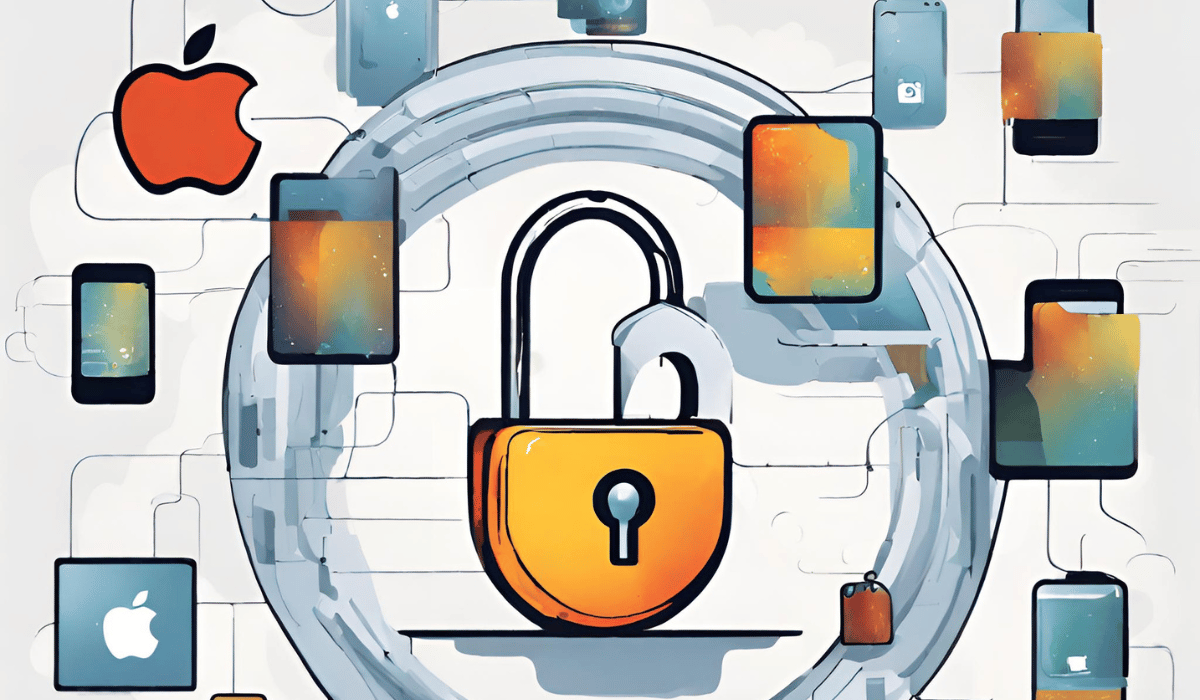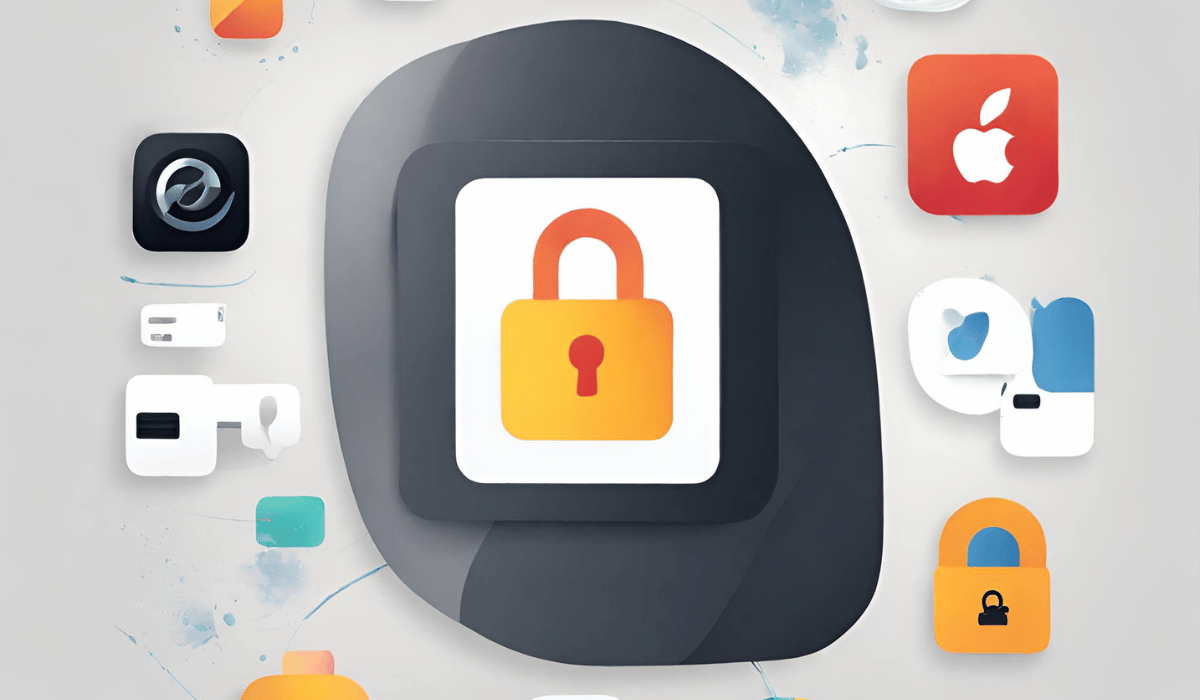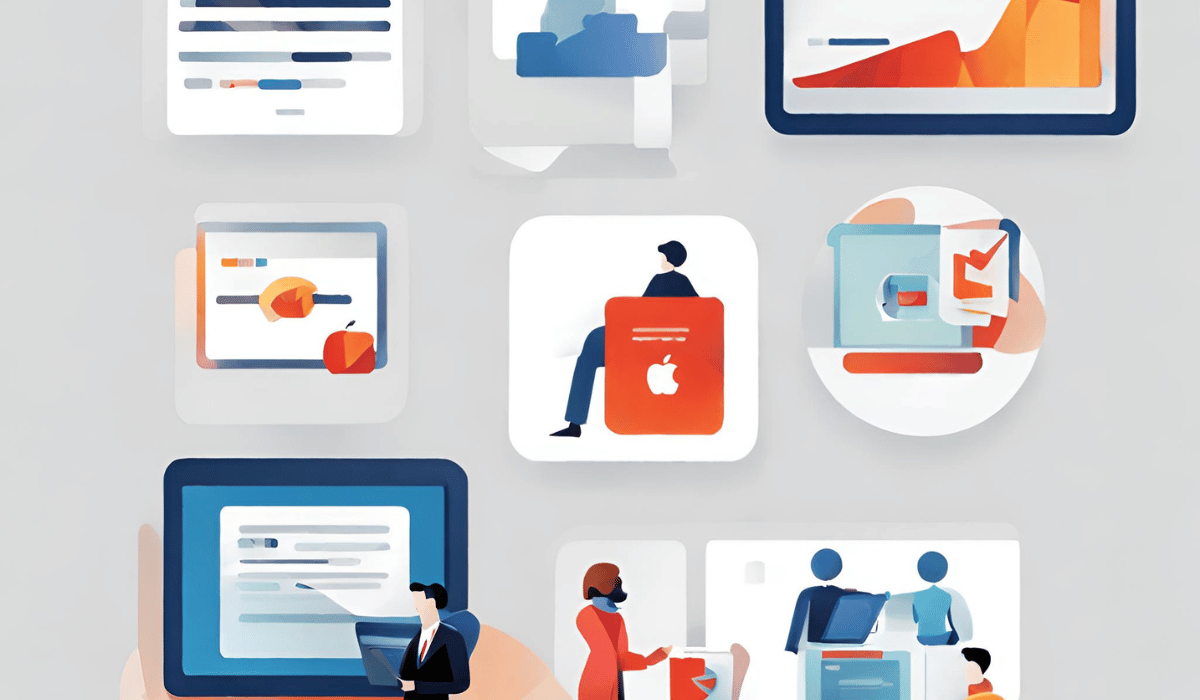Apple’s Commitment to User Privacy

Apple is committed to protecting the privacy of its users. The company has implemented various measures to ensure that user data is kept secure and confidential. For example, Apple’s devices are designed with built-in privacy features, such as end-to-end encryption for messaging and Face ID for secure authentication. Additionally, Apple has taken steps to limit data collection and tracking.
Importance of Privacy in Digital Age
Privacy in the digital age is a complex and multifaceted issue that has become increasingly relevant in recent years. With the rise of social media, online shopping, and other digital activities, individuals are sharing more personal information than ever before. This information can be collected, analyzed, and used by companies, governments, and other organizations for a variety of purposes, including targeted advertising, surveillance, and law enforcement.
Significance of Personal Privacy
Personal privacy is a fundamental human right that should be protected and respected in the digital age. People have the right to control their personal information and decide how it is collected, used, and shared. However, this can be challenging in an era where data is constantly being generated and shared online. It is important for individuals to be aware of the risks associated with sharing personal information online and to take steps to protect their privacy.
Privacy Concerns Surrounding Digital Devices
The use of digital devices has raised many privacy concerns. With the increasing amount of personal data being generated and shared through these devices, it has become easier for individuals and organizations to access and use this information without consent. This can lead to a range of privacy violations, such as identity theft, cyberbullying, and unauthorized surveillance. To protect their privacy, individuals should take steps such as using strong passwords, avoiding public Wi-Fi networks, and limiting the amount of personal information shared online.
Apple’s Encryption And Data Protection Measures
Apple has implemented several encryption and data protection measures to enhance the privacy of its users. For instance, all data stored on an iPhone, iPad, or Mac is encrypted by default, and the encryption key is tied to the user’s passcode. This means that even if someone gains access to the device, they cannot access the data without the passcode. Additionally, Apple uses end-to-end encryption for its messaging services, such as iMessage and FaceTime.
Protecting User Data From Unauthorized Access

Apple has implemented several encryption and data protection measures to enhance the privacy of its users. For instance, all data stored on an iPhone, iPad, or Mac is encrypted by default, and the encryption key is tied to the user’s passcode. This means that even if someone gains access to the device, they cannot access the data without the passcode. Additionally, Apple uses end-to-end encryption for its messaging services, such as iMessage and FaceTime.
The Challenge: Government Requests for iPhone Data
Apple has faced several challenges when it comes to government requests for iPhone data. In some cases, law enforcement agencies have requested that Apple provide access to data stored on iPhones belonging to suspects in criminal investigations. However, due to the strong encryption measures in place, Apple has been unable to comply with these requests. This has led to legal battles between Apple and government agencies, with the company arguing that providing access to encrypted data would compromise the privacy and security of its users.
Transparency and accountability
Transparency and accountability are crucial factors in ensuring the integrity of organizations and institutions. By being transparent, organizations can maintain the trust of their stakeholders and demonstrate their commitment to ethical practices. Accountability, on the other hand, ensures that organizations are held responsible for their actions and decisions. In recent years, there has been a growing demand for transparency and accountability in various sectors, including government, business, and non-profit organizations.
Public Disclosure of Government Requests
Public disclosure of government requests is a way to increase transparency and accountability in the government’s actions. It involves the release of information about the requests made by the government for access to private data or information from individuals or organizations. This can include requests for personal information, communication records, or other types of data. By publicly disclosing these requests, individuals and organizations can better understand the government’s actions and hold them accountable if necessary.
Apple’s Transparency Reports And User Notification Policies

Apple’s transparency reports and user notification policies are a way for the company to be transparent about the requests it receives from governments for access to private data or information. Apple’s reports provide information on the number and types of requests it receives, as well as the number of accounts affected by these requests. Additionally, Apple notifies users when their data is requested by a government unless prohibited by law.
Enhanced User Controls And Consent
Apple’s enhanced user controls and consent policies aim to give users more control over their data and how it is used. For example, users can choose to share their location data with specific apps only when they are using them, rather than allowing the app to access their location all the time. Additionally, Apple requires apps to obtain explicit user consent before accessing sensitive data such as health information or contacts. These policies help to protect user privacy and give users more control over their personal information.
Empowering Users to Control Their Data
Apple’s policies are designed to empower users to have more control over their data. By allowing users to choose when and how their data is shared, Apple helps to protect user privacy and prevent unauthorized access to personal information. This approach also gives users the ability to make informed decisions about which apps they trust with their data, which can help to build trust and confidence in the overall app ecosystem. Ultimately, by putting users in control of their data, Apple is helping to create a more secure and transparent digital environment.
Obtaining User Consent For Data Sharing
Apple’s approach to obtaining user consent for data sharing involves providing clear and concise explanations of what data will be collected and how it will be used. When an app requests access to certain data, such as location or contacts, Apple prompts the user with a pop-up message that explains why the app needs the data and gives the user the option to allow or deny access. Additionally, Apple requires developers to provide a privacy policy that outlines their data collection and sharing practices.
FAQs
Can the government access my iPhone data without Apple’s help?
The answer to this question is not straightforward, as it depends on various factors such as the country you are in and the laws that apply. However, in general, Apple has a strong stance on user privacy and has implemented security measures to protect user data from unauthorized access. Apple has also been known to push back against government requests for user data, and in some cases has even gone to court to protect user privacy.
How does Apple ensure the security of shared data?
Apple implements various security measures to ensure the security of shared data. These measures include end-to-end encryption for iMessage and FaceTime, secure storage of user data on iCloud, and the use of secure enclaves on devices to protect sensitive information such as fingerprints and passwords. Additionally, Apple regularly releases software updates to address any security vulnerabilities that are discovered. Overall, Apple takes the security and privacy of user data very seriously and works to continually improve its security measures.
What legal frameworks govern Apple’s cooperation with the government?
Apple’s cooperation with the government is governed by various legal frameworks, including laws related to data privacy and security. In the United States, the Fourth Amendment of the Constitution protects citizens from unreasonable searches and seizures, which include their electronic devices and data. Additionally, the Electronic Communications Privacy Act (ECPA) and the Stored Communications Act (SCA) set guidelines for how law enforcement can access electronic communications and stored data.
Does Apple notify users when their data is shared with the government?
Apple has a policy of notifying its users when it receives legal requests for their data from government agencies, except in cases where it is legally prohibited from doing so. This means that if Apple receives a warrant or court order for a user’s data, it will notify the user of the request unless the law prohibits such notification. Apple has also published a transparency report that provides information on the number and types of requests it receives from governments around the world.
Can Apple be compelled to provide access to encrypted data?
Apple has taken a strong stance on user privacy and security, including the use of encryption to protect user data. In the past, Apple has refused requests from government agencies to provide access to encrypted data, citing concerns about user privacy and the potential for abuse of such access. However, there have been cases where Apple has complied with court orders to provide access to data, such as in the case of the San Bernardino shooter’s iPhone.
How does Apple address concerns regarding privacy breaches?
Apple has implemented several measures to address concerns regarding privacy breaches. Firstly, they have a strict privacy policy in place that outlines how they collect, use, and protect user data. This policy is transparent and easily accessible to users, allowing them to make informed decisions about their privacy. Secondly, Apple uses end-to-end encryption to protect user data.
